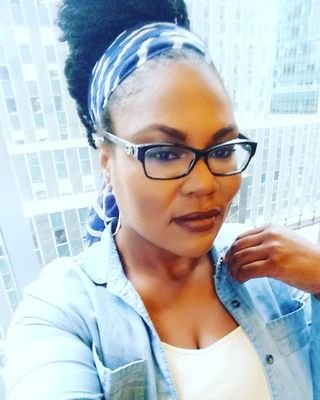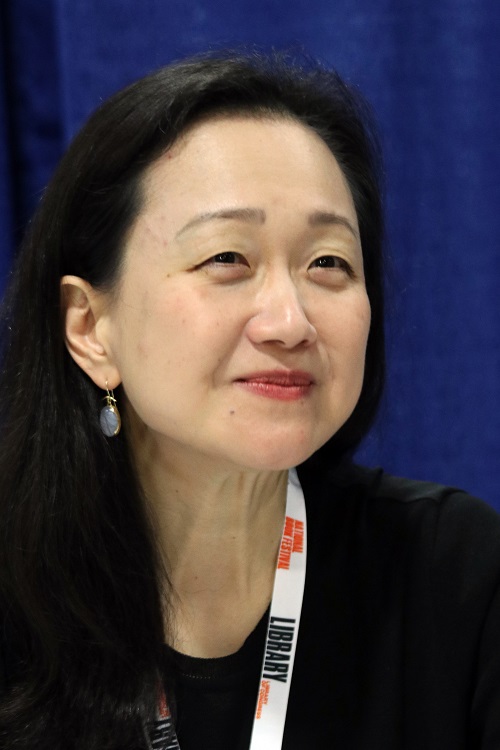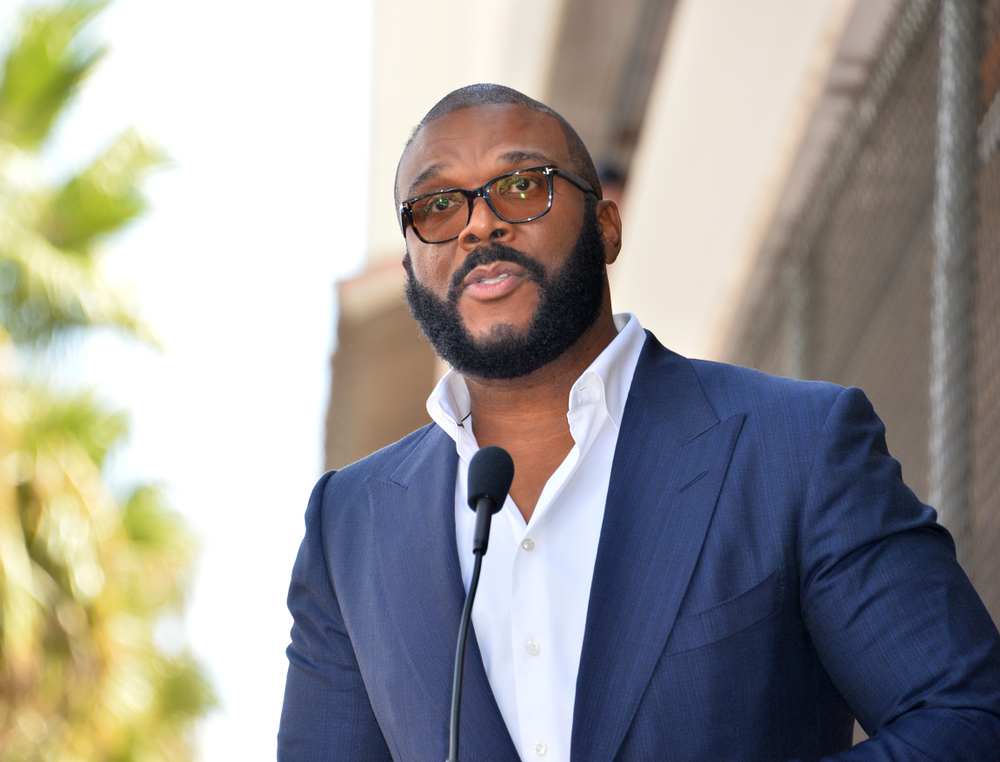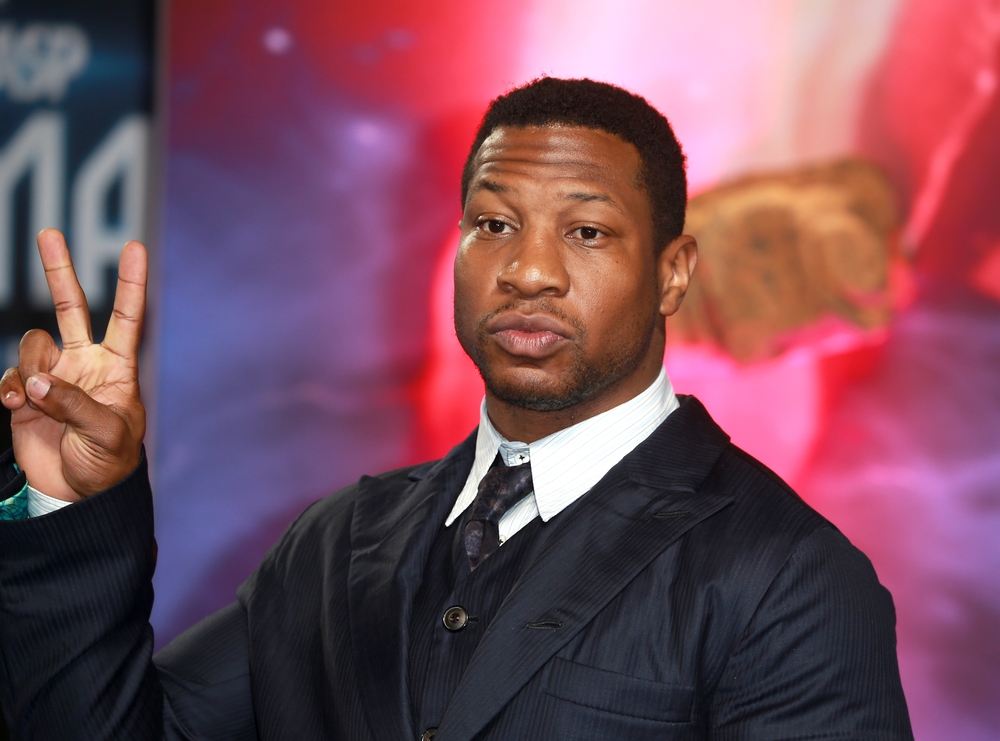Influential feminist author and activist bell hooks inspired across generations with her expansive body of work on racism, feminism, and many other personal and political topics.
Her passing last Wednesday prompted a slew of authors and activists to pay their respects to the scholar and share the ways in which she touched their hearts.
In celebration of her life, here are five writers shaped by the work of bell hooks.
Shanita Hubbard, author of the upcoming book “Ride or Die: A Feminist Manifesto For The Well-Being of Black Women”

Shanita Hubbard is an adjunct sociology professor and author of the book “Ride or Die,” set to release in 2022.
Hubbard’s discovery of bell hooks in graduate school, started her on a journey towards a new framework of thought—a framework that focused on the intersections of race, gender and class.
“We lost someone who transformed our thinking and gave us the language to challenge systems of oppression and the unique ways they harm Black women,” wrote Hubbard in her article for The Guardian.
Min Jin Lee, author of New York Times Bestseller “Pachinko”

Min Jin Lee, author of the historical fiction saga “Pachinko,” first encountered bell hooks when she took a class taught by the esteemed author at Yale in 1987.
Lee’s time with Gloria Watkins, the person behind the pseudonym “bell hooks,” proved transformative as the future best-selling author fell “in love with thinking and imagining again.”
bell hooks’ landmark feminist book “Ain’t I a Woman?” left a particularly strong impression on Lee.
“For me, reading ‘Ain’t I A Woman’ was as if someone had opened the door, the windows, and raised the roof in my mind,” wrote Lee in her article in The New York Times. “I am neither white nor black, but through her theories, I was able to understand that my body contained historical multitudes and any analysis without such a measured consideration was limited and deeply flawed.”
Jay Bernard, Ted Hughes Award-winning poet

Artist and writer Jay Bernard found the writings of bell hooks, specifically the 1994 book “Teaching to Transgress: Education as the Practice of Freedom,” vital in their process to deconstruct the toxic liberalism embedded into their university education.
“For me, bell hooks’ influence can be felt in that she passed on the deceptively simple idea that to love is to think, and to think is to love.” Bernard told The Guardian.
Ibram X. Kendi, historian and author of “How to Raise an Antiracist”

Ibram X. Kendi, writer of eight #1 New York Times bestsellers and author of the upcoming book “How to Raise an Antiracist,” praised bell hooks in a loving series of tweets.
“The passing of bell hooks hurts, deeply. At the same time, as a human being I feel so grateful she gave humanity so many gifts,” tweeted Kendi. “‘Ain’t I a Woman? Black Women and Feminism’ is one of her many classics. And ‘All About Love’ changed me. Thank you, bell hooks. Rest in our love.”
Imani Perry, author of “Breathe: A Letter to My Sons”

Imani Perry, an African American studies professor at Princeton University, first encountered Watkins as a teenage intern at South End Press. Though they met outside the classroom, Watkins became a teacher to young Perry.
“There’s so many young people, the first time they start to think seriously about class, about sexuality, about gender, about identity, about vulnerability, about spirituality, is through her work,” said Perry on PBS NewsHour.








